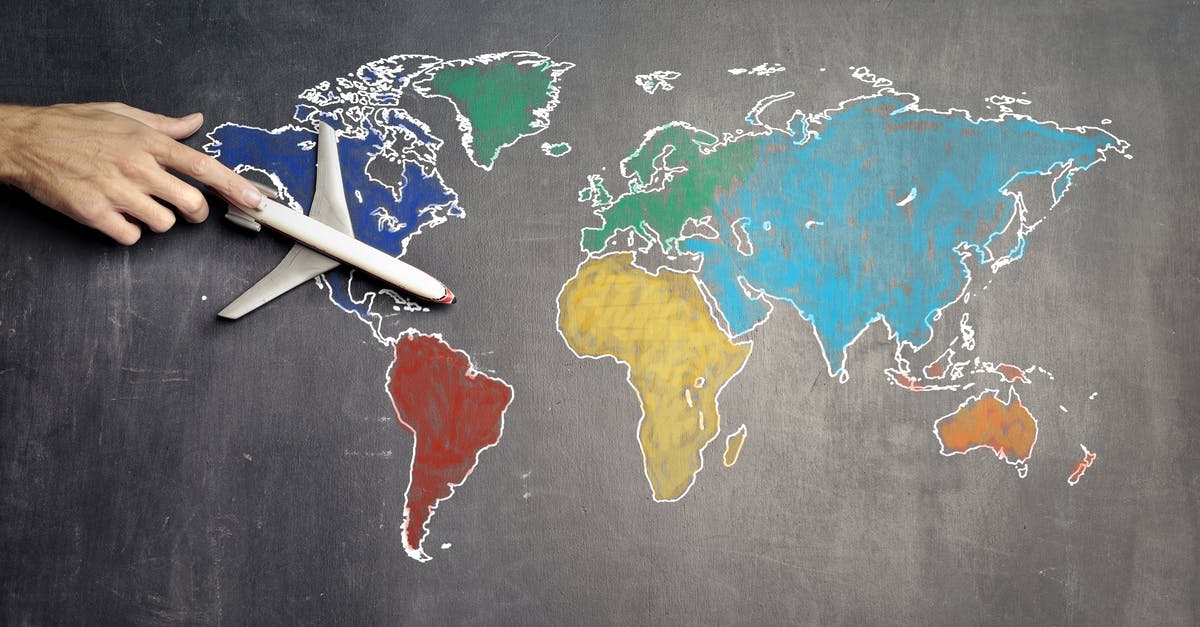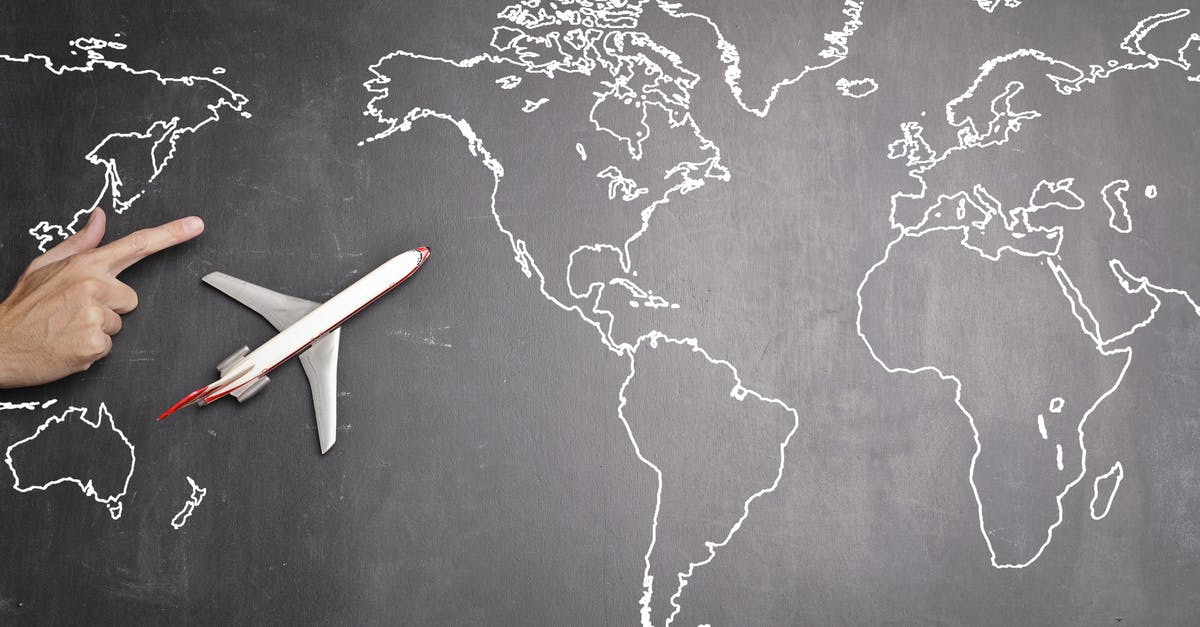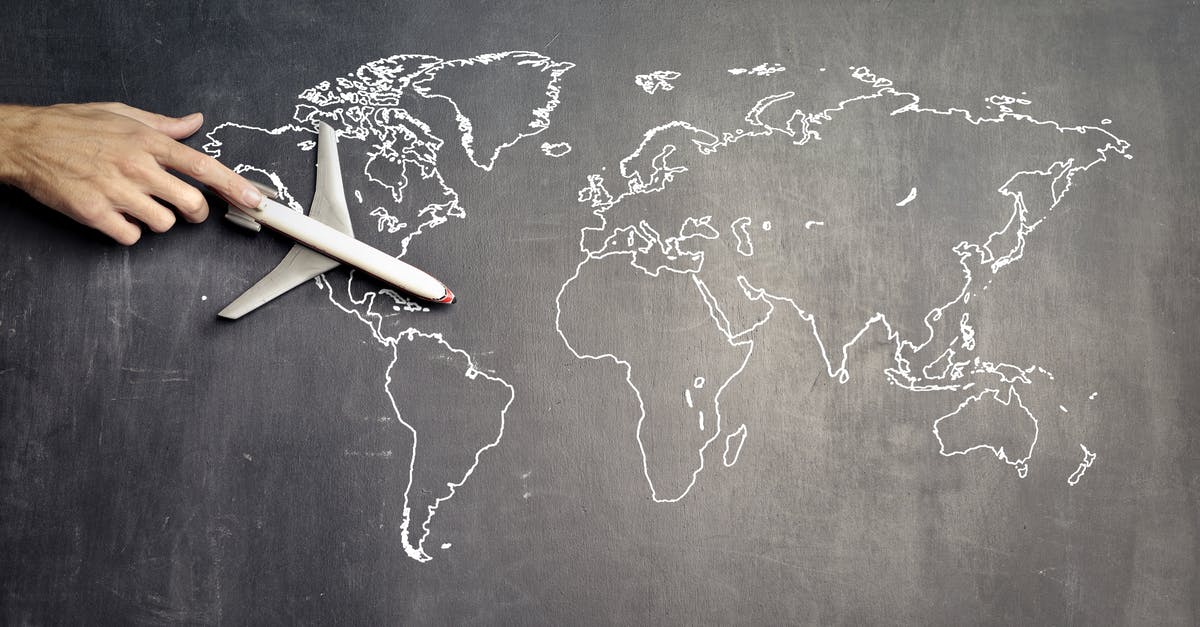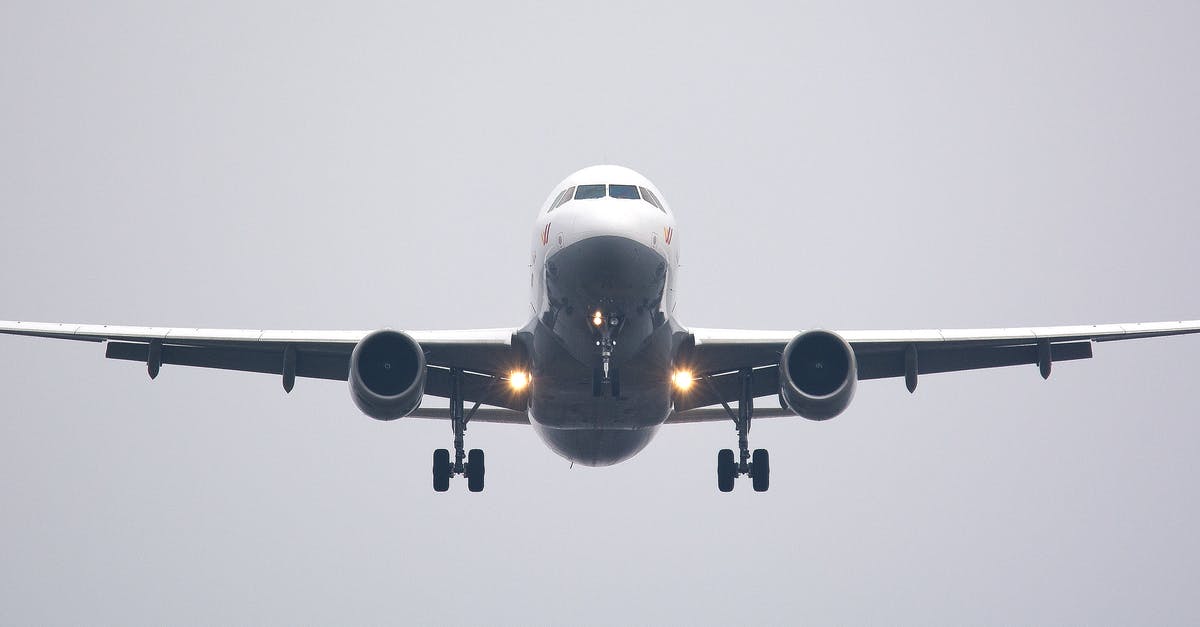What happens to plane tickets in case of airline bankruptcy?

I am sometimes eyeing tickets that are a far bit in advance and in some cases I know the airline that is selling the ticket / operating the flights is in economic trouble.
If I have a ticket for future travel with an airline that has gone bankrupt, what happens to my travel plans? Or, how much should I worry about the economic situation of airlines when booking tickets with them?
If it makes a difference, the airline would be based in the EU.
Best Answer
An answer relevant to UK residents: use your UK-issued credit card.
If you purchase an airline ticket with a credit card issued by a UK bank, the bank is liable to you for any breach of contract by the airline (including if it goes into bankruptcy). This follows from Section 75 of the Consumer Credit Act, 1974.
To emphasize, because of some confusion in the comments below, it has to be a credit card, one where the card issuer lends you the money on credit for the transaction, and you pay the issuer back later at your leisure. An ordinary bank card or debit card, or indeed a charge card, does not come with this protection.
This law also applies to transactions made outside of the UK, including with foreign companies, if using a UK credit card. (As conclusively decided in the case of The Office of Fair Trading v. Lloyds TSB Bank).
The law gives greater protection than just a refund. The bank is liable to you for damages caused by the airline's breach of contract: if you have to buy an expensive new ticket to get home, the bank is liable for that extra cost as well. (This cost has to be "reasonable".)
The Financial Ombudsman gives some examples, for instance:
The failure of the airline with which she had booked return flights meant that Mrs K was obliged to buy tickets from a different airline to get her family home from their holiday. It was clear from the evidence that she had paid a reasonable price for these tickets.
The card provider's liability to Mrs K under section 75 was not limited to passing on any refund it was able to obtain from the airline. The card provider was also liable to her for the additional costs she had reasonably incurred as a result of the airline's breach of contract.
The flights from the USA had cost Mrs K £1,980.60, so the card provider's refund still left her out of pocket by £631.35. We upheld the complaint and told the card provider to pay her this amount.
Or in the case of a ferry company that went bust:
We looked at copies of the paperwork Mr M had sent the card provider, in connection with his claim. These documents showed clearly that what Mr M had bought from the ferry company had been a voucher costing £220 - not ten individual crossings each costing £22.
So we did not see why the card provider had argued that section 75 did not apply. The ferry company had clearly been in breach of its contract with Mr M. And the evidence showed that Mr M had made every effort to minimise his loss by obtaining the best deals he could get when paying for the crossings that were no longer covered by his voucher.
We agreed with Mr M that the card provider was liable, under section 75, to make good his total loss of £294.31. We said the card provider should also pay him £100, to reflect the inconvenience he was caused by its failure to accept the clear legal position under section 75.
Some caveats:
- The ticket must be worth more than £100 (and less than £30,000).
- This doesn't apply for charge cards, only credit cards. (A charge card is a card where you have to pay off the whole balance at the end of the month, every month. The main examples of charge cards are the American Express Gold and Platinum cards.)
- This doesn't apply to debit cards, ordinary bank cards or cash cards, only credit cards. You would have signed a consumer credit agreement with a bank to have a credit card.
Pictures about "What happens to plane tickets in case of airline bankruptcy?"



What happens when an airline files for bankruptcy?
Bankruptcy law is complicated and can affect your right to a refund. If the airline or ticket agent has filed for bankruptcy, the company may be temporarily prohibited from providing refunds and/or vouchers \u2013 for example, to conserve assets.Did Air Canada declare bankruptcy?
In 2003, the airline filed for bankruptcy protection and in the following year emerged and reorganized under the holding company ACE Aviation Holdings Inc. In 2017, Air Canada flew 48 million passengers, as the airline celebrated its 80th anniversary....Air Canada.IATAICAOCallsignACACAAIR CANADAIs American Airlines considering bankruptcy?
(Reuters) - American Airlines Group Inc AAL. O is not considering a Chapter 11 bankruptcy filing, Chief Executive Doug Parker said on Wednesday and dismissed speculation that a major U.S. carrier could disappear due to the coronavirus pandemic.How many times did Continental Airlines file bankruptcies?
Continental Airlines had been through Chapter 11 twice. It filed for bankruptcy for the first time in September 1983 and remained under Chapter 11 from 1983 to 1986. Continental filed for its second bankruptcy in 1990 mainly due to the increased jet fuel prices after the Gulf War of 1990.How Airlines Quietly Became Banks
More answers regarding what happens to plane tickets in case of airline bankruptcy?
Answer 2
Acording to ECTAA there is no regulatory protection against airline failure in Europe:
PASSENGER PROTECTION AGAINST AIRLINE FAILURES
When a tour operator or a travel agent goes bankrupt, there are financial guarantees in place to protect passengers, under the EU Directive on package travels and in the framework of the IATA Passenger Agency Programme . However, no such mechanism is in place for airline failures despite the increasing number of airline failures, which cause serious detriment to passengers.
ECTAA has been campaigning for an EU framework but nothing has yet been done:
Only in 2015, several major EU air carries went bankrupt, for instance Air Baltic and Cyprus Airways. ECTAA deeply regrets that the protection of EU passengers against airlines failure has not been addressed in the Aviation Strategy adopted on 7th December 2015 by the EU Commission.
If the airline goes bankrupt, you may need to rely on travel insurance, however the UK Daily Mail wrote on article on this:
Many assume that their travel insurance will pay out in the event of an airline's collapse.
But TravelMail found that few of the big hitters including Boots, Barclays and Direct Line offer Scheduled Airline Failure Insurance (SAFI) – the industry term for cover if a carrier falls foul of the choppy financial climate.
In order to be covered, you must either book a package holiday with an ATOL covered travel agency, or purchase travel insurace with SAFI cover.
Answer 3
In the United States, there is some protection if you used a credit card (not debit card), as part of general protection against failure to deliver goods and services as promised.
In the USA, yes, but only if you paid by credit (not debit) card, the credit card bank is still solvent (in the current financial crisis, a major airline bankruptcy could push their credit card merchant bank into bankruptcy), the airline ceases service entirely, and you make a "chargeback" request in writing to the issuer of your credit card, no later than 60 days after the date that you received the first credit card billing statement that listed the charge for the tickets.Additionally, some credit cards (especially high-end ones for preferred customers) include varieties of trip interruption insurance that might help.
Certain airlines (e.g., Tower Air) ceased operations with no notice whatsoever.
Answer 4
If you can't get a credit card, (online) travel agency, or someone else to help you, you become a(nother) creditor of the airline. Normally, the eventual bankruptcy settlement will pay off creditors at some rate (e.g.: 30-40% isn't unusual), so you should eventually receive a refund for that percentage of your ticket price, more or less. Depending on the country, you may or may not need to file a claim.
But don't throw away the ticket: it's probably not worthless.
Answer 5
This question is essentially unanswerable since each bankruptcy or cease of operations will be under different circumstances.
If it's a restructuring, tickets will be honored. If there's is merger or acquisition, tickets will be honored in most cases. Any company can restructure or be acquired during bankruptcy.
If the airline just ceases operations, it depends on the ticket. Some tickets have value outside the airline, some don't. You have to ask the airline.
So, the only certain answer is: it depends.
Add'l note: There have been instances of other airlines 'honoring' another carrier's 'ticket' but they are rarely under any obligation to do so. They do it for the good will/press and hoping to convert a customer. Don't count on this though.
Answer 6
If you booked via an Association of British Travel Agents member, then their Air Travel Organisers' Licensing (ATOL) scheme has insurance for a member failing, and will provide flights on another operator.
Otherwise, you have to claim on your own travel insurance, or your credit/debit card.
Answer 7
I had originally asked this question with Air Berlin in mind and by now even one of the travel blogs I follow has taken up the issue:
FAQ: What happens in case of a bankruptcy of Air Berlin? (in German)
I am taking the freedom to summarize here the main points and suggestions from that article. Note that the article caters to German clients and refers to contracts valid under German law, so some things may be different for you.
What happens to booked travel?
- don't expect to see any money again
- possibly bankruptcy happens in an orderly way and you can be re-booked or change your plans
- if you don't buy just air-tickets but also accommodation, it is legally a vacation and the seller needs to issue a travel security note ("Reisesicherungsschein", only for German contracts, link in German). You can get this by booking just one night at a cheap hostel via Expedia ("Click & Mix", "abweichende Hoteltermine").
- you could by insurance but this is likely expensive and Air Berlin might have been excluded from the insurable airlines already
What happens to topbonus miles?
- AirBerlin has sold their miles program to Etihad, so miles would be safe, however you would have a lot less uses for them in case
How about my status?
- it becomes pretty much worthless
- however in the past other airlines have matched status holders of insolvent airlines. similar could happen here and maybe matching to topbonus right now might make sense for this precise reason
Sources: Stack Exchange - This article follows the attribution requirements of Stack Exchange and is licensed under CC BY-SA 3.0.
Images: Andrea Piacquadio, Andrea Piacquadio, Andrea Piacquadio, Pixabay
